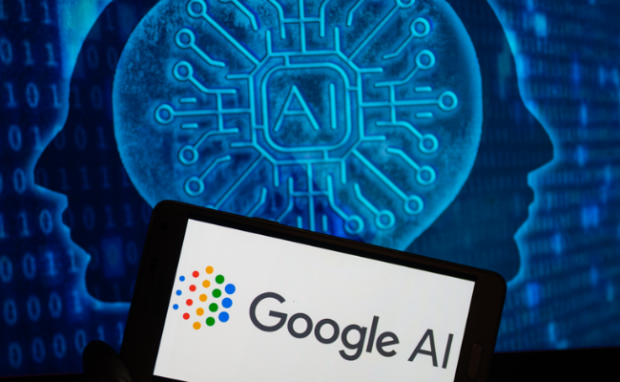In the midst of the hype surrounding artificial intelligence, major tech companies like Apple and Google are quietly introducing new services for disabled individuals that aim to revolutionize their lives. These companies are utilizing the advanced capabilities of their best-selling smartphones to enhance and improve the quality of life for disabled individuals. Apple recently unveiled its Live Speech feature, which utilizes machine learning (or AI) to recreate a user’s voice. This feature allows individuals at risk of losing their ability to speak to type messages that can then be read out in their natural voices.
Similarly, Google is testing an upgraded version of its Lookout app, which uses AI to describe images to blind and visually impaired individuals. This new version aims to identify objects without the need for labeling. Both Apple and Google are committed to making accessibility features a standard part of their products. They gather feedback from users and invest significant resources in product planning to ensure that their accessibility features are top-notch.
While Apple emphasizes the rigorous targeting of its accessibility features, Google focuses on how these features can improve the lives of all individuals. They compare these features to “digital kerb cuts,” referring to the initiative of lowering kerbs on pavements to assist wheelchair users, which also benefits individuals with pushchairs, bicycles, and those carrying bulky items. Autocorrect, autocomplete, and voice recognition software are some examples of accessibility technology that has become productivity-enhancing for everyone.
However, it’s not just Apple and Google that are developing accessibility tech. Microsoft has developed SeeingAI, which describes photos for visually impaired individuals, and there are numerous startups in this field as well. These advancements have sparked a wave of creativity and innovation. For instance, French firm Sonar Vision is working on technology to guide visually impaired individuals around cities, while Equally AI is using the ChatGPT bot to improve website accessibility.
AI has the potential to give blind and visually impaired individuals more autonomy, but organizations need to be cautious. Manuel Pereira of the French Valentin Hauy association, which advocates for greater accessibility, warns that if companies prioritize profitability, the progress made in accessibility could be reversed. On the other hand, Google emphasizes that the realization that one billion people live with disabilities has prompted businesses to recognize the potential market value of developing accessibility features.
In conclusion, major tech companies like Apple and Google are leading the way in developing innovative accessibility features for disabled individuals. These features, powered by AI, aim to enhance the lives of users by providing them with greater independence and improved quality of life. However, it is crucial for companies to prioritize the well-being of disabled individuals rather than solely focusing on profitability in order to ensure continued progress in this field.
Denial of responsibility! VigourTimes is an automatic aggregator of Global media. In each content, the hyperlink to the primary source is specified. All trademarks belong to their rightful owners, and all materials to their authors. For any complaint, please reach us at – [email protected]. We will take necessary action within 24 hours.


